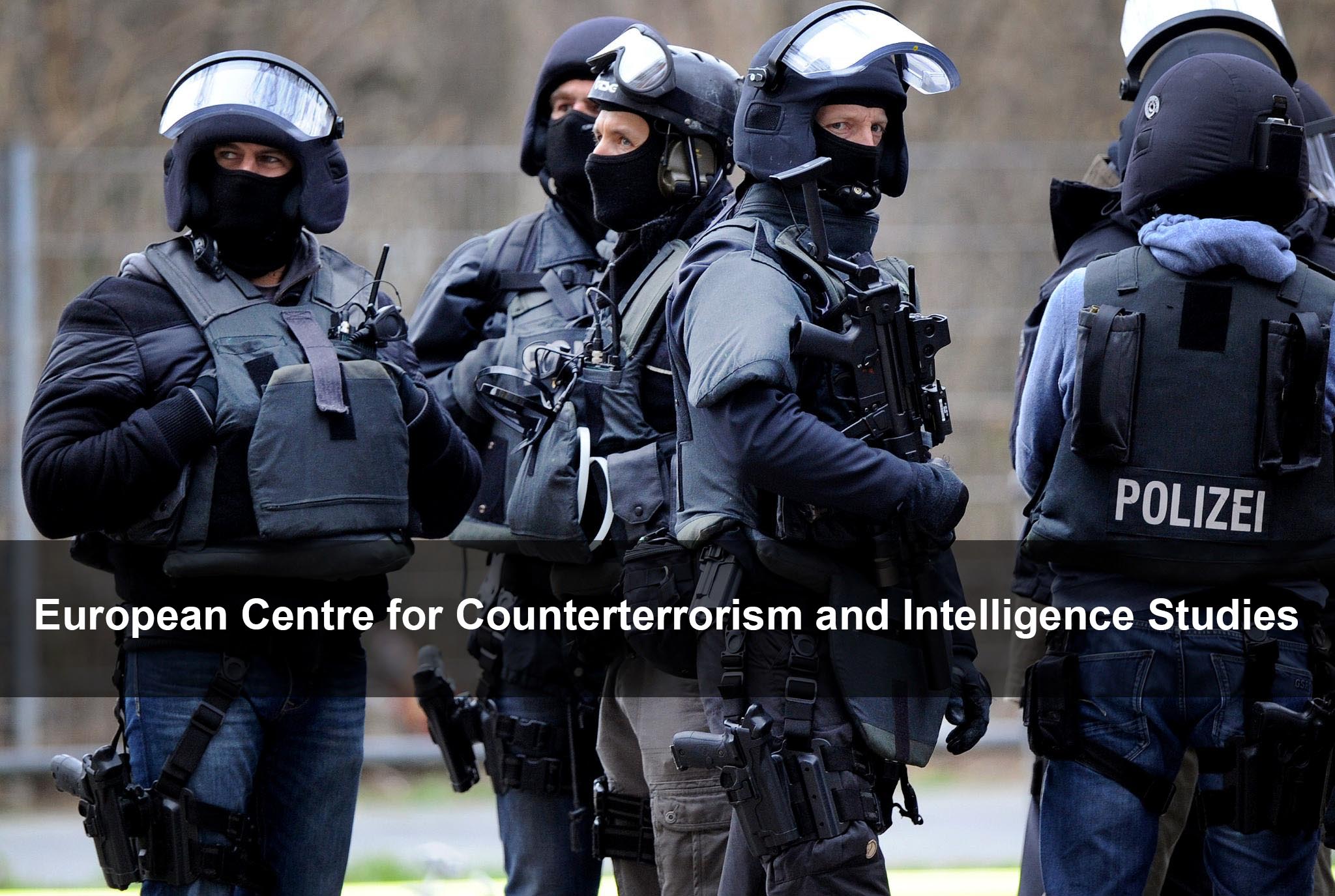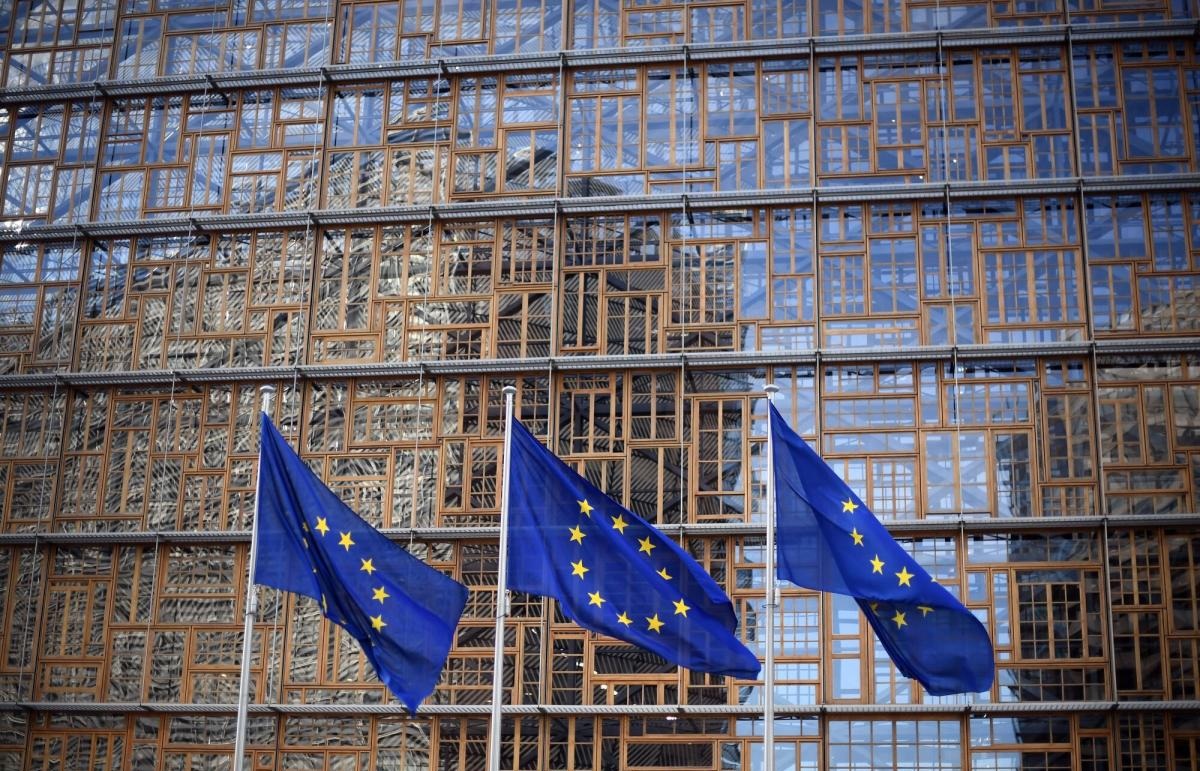European Centre for Counterterrorism and Intelligence Studies – ECCI
Counter-Terrorism
The European Union aims to ensure that people in the European Union live in an area of freedom, security and justice, without internal frontiers. Europeans need to feel confident that, wherever they move within Europe, their freedom and their security are well protected, in full compliance with the Union’s values, including the rule of law and fundamental rights.
One of main threats to those aims is terrorism, a menace that does not recognise borders and may affect states and peoples irrespective of their geographical location. Individuals and groups who believe that they can advance their political aims by using terror challenge the democratic values of our societies and put in jeopardy the rights and freedoms of our citizens.
especially by indiscriminately targeting people. Acts of terrorism are criminal and unjustifiable, and must be treated as such under all circumstances.
Challenges that we face in combating terrorism
Combating cross-border crime and terrorism is a common European responsibility. Member States have the front line responsibility for security, but can no longer succeed fully on their own.While respecting national responsibilities for upholding the law and safeguarding internal security.
all relevant EU and national actors need to work together to tackle terrorist threats emanating from home-grown or foreign terrorists, acting alone or in a group and regardless of the ideology that is being pursued by terrorist means.
EU Counter Terrorism Strategy
The European Union is an area of increasing openness and interdependence, in which the internal and external aspects of security are linked intrinsically. This may be abused by terrorists to pursue their objectives which is why concerted and collective EU level action is indispensable. Therefore, the EU has developed a holistic counter-terrorism response – the EU Counter-Terrorism Strategy (PDF).
Adopted by the European Council in 2005, this strategy commits the Union to combating terrorism globally, while respecting human rights and allowing its citizens to live in an area of freedom, security and justice. It is built around four strands:
- Prevent people from turning to terrorism and stop future generations of terrorists from emerging
- Protect citizens and critical infrastructure by reducing vulnerabilities against attacks
- Pursue and investigate terrorists, impede planning, travel and communications, cut off access to funding and materials and bring terrorists to justice
- Respond in a coordinated way by preparing for the management and minimisation of the consequences of a terrorist attack, improving capacities to deal with the aftermath and taking into account the needs of victims.
European Agenda on Security
A further important development, building on the actions undertaken under the previous internal security strategy and thus ensuring consistent and continued action, was the adoption of the European Agenda on Security (PDF)Search for available translations of the preceding link
The principal actions aim to define and criminalise terrorist offences, prevent radicalisation and the spreading of terrorist propaganda, and to cut terrorists’ access to the means to perpetrate attacks such as finance, firearms, explosives, etc
Directive on combating terrorism
On 15 March 2017, the EU adopted the Directive on combating terrorism. The Directive reinforces the legal framework so that it covers more comprehensively conduct related to terrorism. All Member States have to ensure that they criminalise conduct such as training and travelling for terrorism, as well as terrorist financing.
These harmonised definitions of terrorist offences serve as a benchmark for cooperation and information exchange between national authorities. The victims of terrorism should receive access to professional, specialist support services, immediately after an attack and for as long as necessary.
Member States should have in place mechanisms to provide for efficient emergency response, including access to reliable information, thereby avoiding any additional suffering for victims of terrorism and their families. The deadline for incorporating the rules into national law was 8 September 2018. The Commission will report by 8 March 2020 on the status of transposition by Member States.
European Counter Terrorism Centre (ECTC) at Europol
Following the 2015 Charlie Hebdo attack, the Commission proposed in its European Agenda on Security to establish a European Counter Terrorism Centre (ECTC) to improve the exchange of information and the operational support to Member States’ investigators.
Within Europol – the EU Agency for law enforcement cooperation – the ECTC pools specialized resources, expertise and information (on foreign terrorist fighters, explosives, firearms, financial intelligence, online propaganda) to support Member States’ law enforcement counterterrorism units.
Prevention of radicalisation
Radicalisation leading to violent extremism and terrorism is a phenomenon of concern in many Member States and beyond. The Commission has driven action to counter radicalisation, both offline and online. The Radicalisation Awareness Network (RAN) brings together practitioners from all Member States to develop practices.
and equips them with the skills they need to address violent extremism. EU initiatives to counter terrorist propaganda and radicalisation online are also showing results. In 2015, the Commission launched the EU Internet Forum, which brings together governments, Europol, and the biggest technology and social media companies to ensure that illegal content, including terrorist propaganda.
is taken down as quickly as possible. To enhance the efforts to prevent and counter radicalisation leading to violent extremism and terrorism, and to improve coordination and cooperation between all relevant stakeholders, in 2017, the Commission set up a High-Level Commission Expert Group on radicalisation.
The group delivered its Final Report on 18 May 2018, by which it accomplished its mandate, leading to the creation of an EU Cooperation mechanism. This Commission-led mechanism aims at fostering cooperation between policy makers, practitioners and researchers. Moreover, the Commission put forward a proposal for a Regulation on preventing the dissemination of terrorist content online.
Terrorism financing
Countering the financing of terrorism is a key element of the EU’s strategy in the fight against terrorism. As terrorists and their supporters constantly modify their ways to collect, move and gain access to funds, the EU regularly updates its instruments and measures to detect, prevent, trace and disrupt this activity.
The EU has developed a comprehensive range of measures to combat terrorist financing, including the updated Anti-Money Laundering Directive, which introduced enhanced measures to prevent terrorist financing. A new Directive to facilitate the use of financial and other information adopted in 2019 strengthened the capacity of law enforcement authorities to fight terrorism by improving their access to financial information.
Protection
A central element of the fight against terrorism is to support the Member States in protecting European society and critical infrastructures from attack. Those efforts involve a broad spectrum of governmental, private and non-government partners. Specific areas of focus include the prevention of terrorist attacks using chemical.
biological, radiological and nuclear (CBRN) materials, the protection of public spaces, explosives and explosives precursors, and critical infrastructure protection (CIP). Besides facilitating networks of experts cooperating on these topics, the Commission works to track threats and develop guidance to Member States. Moreover, legislation has been adopted to restrict access to chemical substances that can be misused for the illicit manufacture of home-made explosives.
Security research
Given that the implementation and further development of counter-terrorism policies rely on the availability of cutting-edge technologies, the Commission is involved in facilitating their advancement through security research projects, in order to equip Member States with the tools necessary to mitigate against the terrorist threat to European citizens.
More information on security research are available; information on specialised sectoral research can be also found on consulting pages devoted to specific terrorism and radicalisation files.
External dimension of counterterrorism
The security of the Union is linked directly and intrinsically to the stability outside Europe, and in particular in our immediate neighbourhood. The European Agenda on Security and the Global Strategy on Foreign and Security Policy for the EU highlight this internal-external security nexus and prioritize cooperation with the Western Balkans.
Turkey, the Middle East and North Africa. With the support of the network of Counter-terrorism/Security experts in EU delegations, the Commission is developing operational cooperation through its Agencies, such as European Union Agency for Law Enforcement Cooperation (Europol).
the European Union Agency for Law Enforcement Training (CEPOL), the European Border and Coast Guard Agency (Frontex) and the European Union’s Agency for Criminal Justice Cooperation (Eurojust). The Commission cooperates also with international organizations/fora (e.g. United Nations, Interpol, etc.) and various strategic partners (e.g. United States, Canada, etc.).
European Centre for Counterterrorism and Intelligence Studies – ECCI




